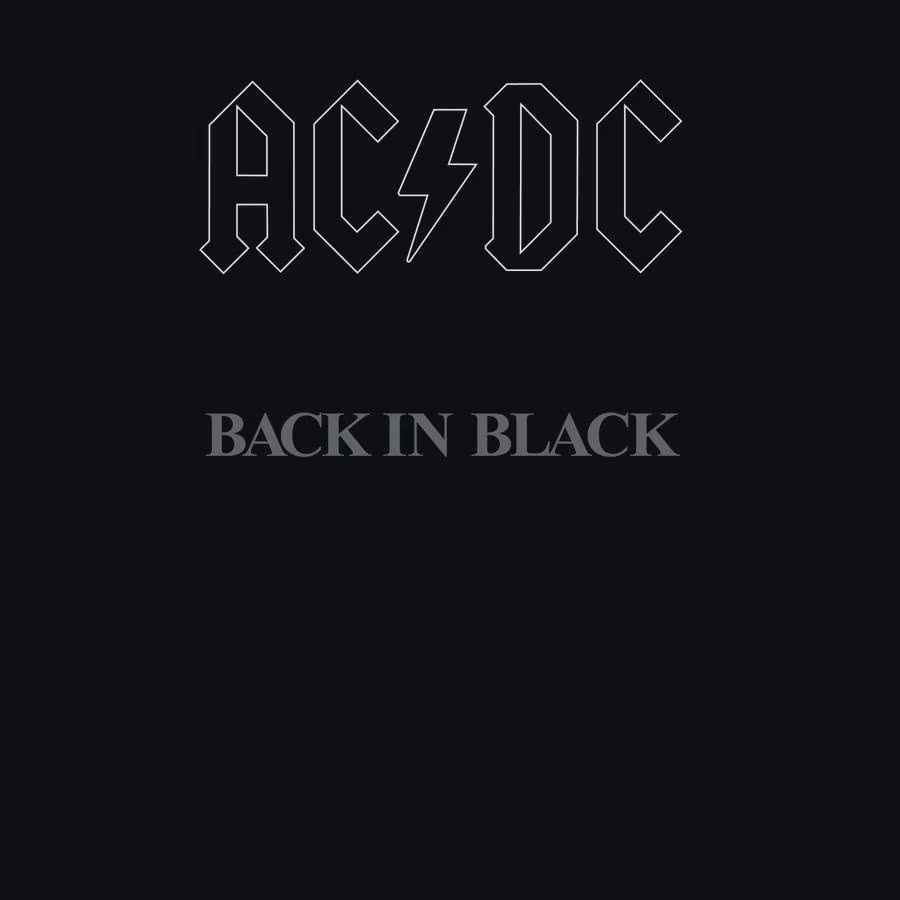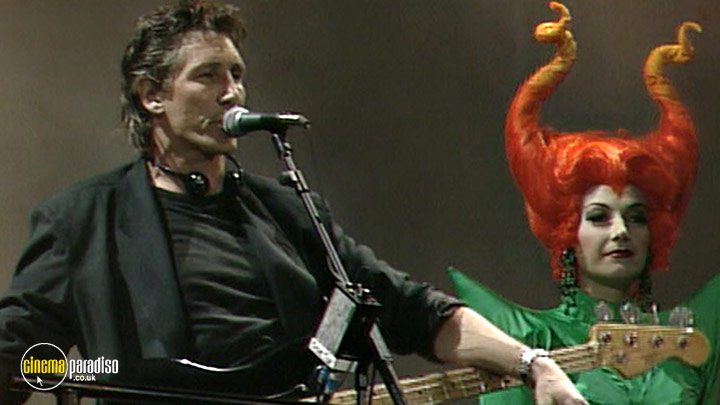-

On September 20, 1969, The Beatles convened at Apple Corps headquarters in London, ostensibly to sign a renegotiated contract with Capitol Records that would secure their financial future. With Abbey Road fresh off the presses and an improved royalty rate in hand, it should have been a cause for celebration. Allen Klein, the band’s manager,…
-

On September 16, 1979, something magical happened. The Sugarhill Gang released “Rapper’s Delight”, and the musical landscape would never be the same. While hip-hop had been bubbling up from the streets of New York City, this was the moment it broke through the surface, splashing onto mainstream radio like an irresistible tidal wave. The genre’s…
-

Elvis Presley’s first appearance on The Ed Sullivan Show on September 9, 1956, was more than just a televised performance; it was a landmark cultural event that reshaped the entertainment industry and solidified Presley as a global icon. This moment was crucial not only for Elvis’s career but also for the trajectory of American pop…
-

On September 1, 1984, Tina Turner did more than just top the Billboard Hot 100 with “What’s Love Got to Do with It”—she rewrote the rules of the music industry. After a tumultuous career marred by personal struggles and a decade-long absence from the upper echelons of the charts, this song wasn’t merely a hit;…
-

In the summer of 1965, the planets aligned in the cosmos of rock ‘n’ roll. The Beatles, who had taken America by storm with their mop-topped mania, were about to meet Elvis Presley, the undisputed King of Rock ‘n’ Roll. It wasn’t just a meeting; it was a seismic event, a cultural clash, and a…
-

The murder of John Lennon by Mark David Chapman on December 8, 1980, stands as one of the most shocking and tragic events in music history. Lennon’s death not only marked the loss of a cultural icon but also prompted a complex legal and psychological investigation that continues to provoke intense debate. When Chapman was…
-

On August 18, 1986, Bon Jovi unleashed an album that would become a seismic force in rock music: Slippery When Wet. It’s hard to overstate just how much this record transformed the band’s career and the broader landscape of ’80s rock. This wasn’t just another album release; it was a full-blown cultural event that propelled…
-

In August 16, 1962, The Beatles made a decision that would change the course of music history—and rock ‘n’ roll drama—forever. The band, then on the cusp of global stardom, fired their original drummer, Pete Best, and replaced him with Ringo Starr. It was a ruthless move that left Best devastated and fans in shock,…
-

The 1985 purchase of The Beatles’ catalog by Michael Jackson is one of the most controversial episodes in music history—a tale of ambition, friendship, and business acumen that forever changed the music publishing landscape. This acquisition didn’t just bolster Jackson’s financial empire; it drove a wedge between him and Paul McCartney, one of the original…
-

On August 12, 1877, Thomas Edison unveiled an invention that would forever alter the course of history: the phonograph. In an era defined by the rapid expansion of technological marvels, Edison’s phonograph stood out as a landmark achievement. It was the first device capable of both recording and reproducing sound, revolutionizing the way we experience…
-

When N.W.A. released Straight Outta Compton on August 8, 1988, it marked a seismic shift in music, culture, and the way America viewed hip-hop. The album was a raw and unfiltered portrayal of life in the streets of South Central Los Angeles, delivered with an urgency and authenticity that had never been heard before. Not…
-

August 6, 1960, was a pivotal day in the history of American pop culture. That Saturday, Chubby Checker took the stage on American Bandstand, the influential television program hosted by Dick Clark, and performed “The Twist.” This performance would not only launch Checker into stardom but also ignite a dance craze that would define a…
-

Watkins Glen, New York—July 28, 1973. This date marks an unparalleled event in rock history. The Summer Jam at Watkins Glen wasn’t just a concert; it was a colossal phenomenon that shattered records and set new standards for music festivals. Promoted by Shelly Finkel and Jim Koplik, the festival attracted an estimated 600,000 to 800,000…
-

Before the Berlin Wall fell, it wasn’t just a physical barrier; it was a scar running through the heart of a divided city. For nearly three decades, it symbolized the ideological conflict between East and West, splitting families and friends, and casting a shadow over Berlin. Potsdamer Platz, the concert’s location, held heavy symbolism from…















